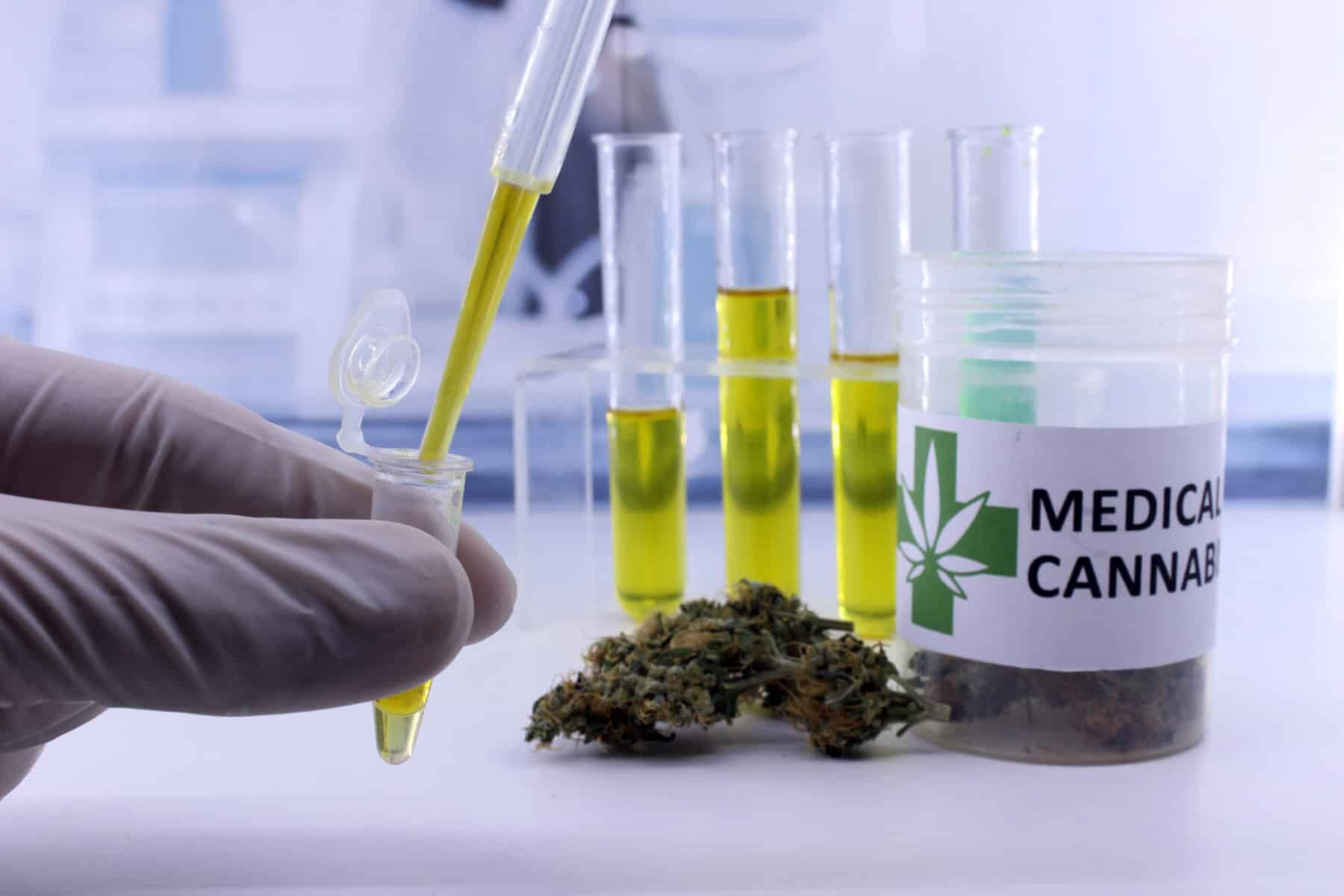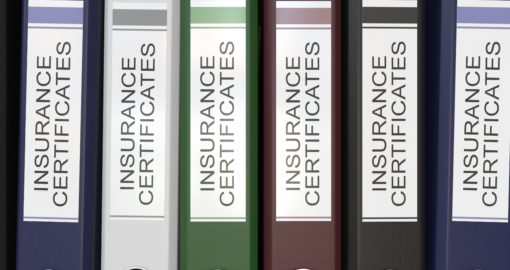Call Us Today (877) 943-0100
Your Contractor Drug Testing Policy And Marijuana Legalization
Background Screening | May 12, 2020
Marijuana is becoming more popular across the US and its legalization is a trend that will only continue. Currently, it is still possible to drug test in all states although marijuana is considered a banned substance at the federal level. With these changes, you may be wondering about how they affect your contractor drug testing policy.
Marijuana is part of a panel included in all current PlusOne Solutions drug tests but testing positive is not an automatic barrier to participation in a service network.
We work with the individual to ensure proper documentation to support legal marijuana use and focus on the safety risk associated with its overuse. This is an evolving topic and we will continue to monitor and respond to changes in legislation.
With 33 states having legalized medical marijuana and 11 states, and the District of Columbia, also legalizing recreational marijuana, questions are arising on how this may impact contractor networks and how it will affect contractor drug testing policy. The landscape for organizations that drug screen potential contractors and employees is changing. The original intent behind the effort to decriminalize medical marijuana use was geared to individuals with serious and debilitating medical conditions where a physician prescribes the use of marijuana for therapeutic purposes.
While states may have taken a more lenient approach to marijuana, the reality is marijuana is still illegal at the federal level. It is still categorized as a prohibited substance under Schedule I of the Controlled Substances Act (CSA), 21 USC 801, et seq. for various reasons. This inevitably puts the states in conflict with federal legislation, giving rise to the current challenge for organizations on how to handle marijuana in their organization and their contractor drug testing policy.
Drug Testing for Marijuana in a State Where it is Legalized
Regardless if marijuana is legal or illegal in your state, businesses still have the right to establish a drug-free policy to maintain a safe work environment for workers and customers. However, this can change in the future, so we recommend staying informed on the latest news.
States allow organizations to maintain safe work and drug-free environments for their workers, contractors, customers, and others. This means they can enforce a drug-free workplace policy in the face of marijuana legalization. The organization is not required to accommodate the use of medical marijuana and they are allowed policies restricting the use of medical marijuana. The message in these situations remains that the individual may use cannabis on their own time but not while at work or while working for the organization.
How Does Marijuana Drug Testing Work?
The basic fact to be aware of is that drug testing is legal in every state. This means that even with the legalization of marijuana, testing is still permissible and in fact, is still very important. The reason that most of our Customers include drug testing in their compliance program is to determine if someone is under the influence of drugs. It is important to distinguish under the influence from the term impairment, the latter of which tends to be a legal classification. Drug testing cannot test for impairment. Instead, it tests for the presence of drugs in an individual’s system which when detected at certain levels, may impact their work performance.
The two natural compounds in the Cannabis (marijuana) plant. When we talk about drug testing, we are focusing on the detection of tetrahydrocannabinol (THC) and cannabidiol (CBD).
- THC is the main psychoactive compound found in the marijuana plant that gives the high, as it is often called. THC can be consumed by smoking marijuana or found in oils, edibles, tinctures, capsules, and more.
- CBD can be extracted and generally contains less than 0.3 percent THC and is not normally detected in the drug testing process. The strength of marijuana today is more potent than it was even five years ago and there is no consistent THC level in the various marijuana products sold.
The Department of Health and Human Services (HHS) has established specific cutoff levels that define a positive result for the workplace. When a specimen result is returned as “positive”, it means that the amount of drug(s) detected in the individual is above an acceptable cutoff level. These values were developed to help eliminate false-positive results (e.g. poppy seeds causing positive opium results, “second-hand smoke” claims). Values below the cutoff levels are reported as negative, which can lead to false-negative results. These values from the HHS were established for the workplace only and vary from other commercial settings where levels may be different. A positive test does not necessarily mean that someone is under the influence at that moment, but rather that THC, the high inducing chemical in marijuana, is still in the body.
Considerations – Who Should be Drug Screened for Marijuana?
This is a key question to ask when determining whether drug testing is appropriate for your organization – Is there is a health and safety risk if someone is under the influence of drugs while on the job? If so, individuals who are asked to operate vehicles, use heavy equipment, work with chemicals, or handle fuels such as electricity or gas, can create a significant safety risk to themselves and others. Performing any of these activities, or entering private homes and businesses, while under the influence creates a significant risk to the entire supply chain. When the presence of drugs would interfere with the individual’s ability to take adequate care in carrying out the job duties or pose an immediate risk of death or serious harm to themselves or another, the health and safety threshold has been met.
A drug test will screen for drugs currently in a person’s system at a level that would impair judgment and therefore possibly create a safety-related risk. Testing is not a commentary on someone’s activities outside of work but rather a means to ensure they are acting safely and responsibly while working. Driving while under the influence of alcohol, marijuana or any other controlled substance like a prescription could pose a significant safety risk not only to the individual but also to others around them.
How Should You Handle Positive Drug Test Results?
Every organization continues to have the right to test for marijuana and maintain a company policy outlining prohibited behaviors in the workplace. They also have the right to determine how, when, and what they test for as well as the consequences for policy violations. The position about whether an individual can have or use marijuana in the workplace should be clear. It should also be clear if the detection of any amount is a violation of policy.
The PlusOne Solutions operating procedure for Customers continues to enforce a strict, no-tolerance policy, meaning that any result over the acceptable cutoff levels must be substantiated. A written prescription, presentation of marijuana card, or other official documentation is requested when an individual tests positive for one of the controlled substances in a drug test. This is done to determine the individual is a legally authorized or registered user of marijuana. If such documentation can be provided, the individual is deemed to have met the compliance requirements. If documentation cannot be provided, they will be considered not authorized to work in the Customer’s network. This allows for the same reasonable accommodation requirements as those afforded individuals who may have other prescription drugs.
Some states are putting in protections for reasonable accommodations for medical marijuana users. By following the approach outlined above, PlusOne Solutions remains in compliance with those requirements and works to ensure Customers do not discriminate against an individual simply for being a medical marijuana user. These contractor drug testing policy protections are evolving, and Customers are encouraged to monitor these changes as well.
Recommended Position
Any organization should carefully consider its position for its contractor drug testing policy in the workplace and ensure there is a valid permissible purpose for conducting testing, such as safety issues or other risks. Ensure that written job descriptions are accurate concerning the essential duties of the job and whether they are safety-sensitive and whether medical marijuana use can potentially be accommodated in the position.
Some considerations include the specific responsibilities of the role the individual will hold, whether the individual is operating a vehicle or heavy machine, and whether they will be working in private homes. These situations are all legitimate and justifiable reasons to have a drug testing policy in place.
Since marijuana is still illegal under federal law, most organizations have not changed their policies to accommodate these new state laws. While many states have either accepted marijuana for medical or recreational purposes, the tendency for most of our Customers is to defer to the federal level definition.
NOTE: The Department of Transportation’s Drug and Alcohol testing regulation – 49 CFR Part 40 – does not authorize the use of Schedule I drugs, including marijuana, for any reason.
Looking Ahead – How Will Marijuana Drug Testing Change in the Future?
There will likely be more recreational marijuana drug bills introduced, and possibly passed. Interested parties will continue to advocate for the federal legalization of both medicinal and recreational marijuana, although it is unlikely this will become law any time soon.
We will continue to monitor these activities and keep our customers updated.
Contents are provided for information purposes only and should not be construed as legal advice. Users are reminded to seek legal counsel concerning their obligations and use of PlusOne Solutions services.
About PlusOne Solutions
PlusOne Solutions has been an industry leader in the risk management field by specializing in compliance programs that meet the complex challenges of geographically dispersed contractors, vendors, and employee networks. PlusOne Solutions protects companies from possible financial, legal, and reputational risks associated with contractor and vendor relationships while creating safer work environments.
To receive these updates directly in your email inbox, sign up for the newsletter. Questions or comments? We want to hear from you.
Certificate of Insurance Management for Small Businesses to Reduce Risk and Improve Compliance
PlusOne Solutions, a compliance and risk management solutions provider specializing in contractor...
Read MoreWhat Type Of Insurance Should A Contractor Have? Types of Insurance to Track for Your Contractor and Vendor Networks
If you are searching “what type of insurance should a contractor have?” ...
Read MoreContinuous Criminal Monitoring: Proactively Monitor Contractor Networks
Since there is usually a two-year cycle from one background check to...
Read More



